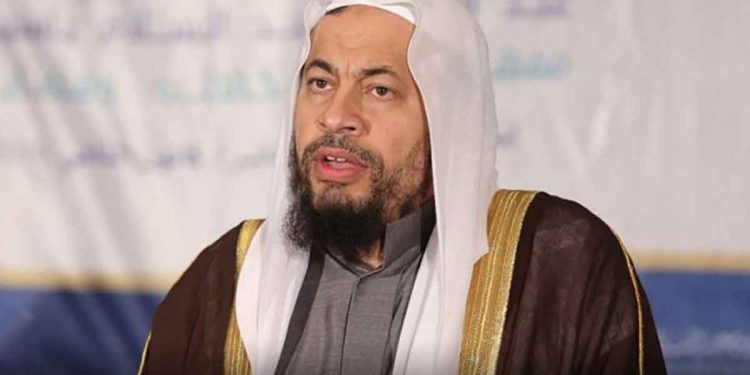The pilot and thinker Mohammed Musa Al-Sharif has entered his eighth year of arbitrary detention in Saudi Arabia.
The Saudi Criminal Court issued a five-year prison sentence against Al-Sharif, before the Court of Appeal increased the sentence to 15 years.
According to Saudi human rights organisations, Al-Sharif was subjected to a secret trial during which he was charged with more than 20 fabricated charges, most notably “undermining the security of the Kingdom” and “participating in relief work inside and outside the Kingdom.”
Al-Sharif, who worked as a pilot for Saudi Airlines and a member of the scientific committee of the World Quran Authority, was arbitrarily arrested in September 2017, in a campaign against Saudi academics and preachers. His arrest came after he praised the Arab Spring revolutions, which he said got rid of “tyrants and despots.”
The “September Arrests Campaign” included a number of preachers and academics, such as Dr. Salman Al-Awda, Dr. Awad Al-Qarni, the Imam of the Grand Mosque in Mecca, Saleh Al-Talib, and Dr. Safar Al-Hawali. It also included thinkers and economists, such as Issam Al-Zamel, Abdullah Al-Maliki, Jameel Farsi, and Mustafa Al-Hassan, who was later released due to his deteriorating health and cancer. Journalists and a number of female and male human rights activists were also arrested in the campaign.
The Saudi authorities impose a blackout on many detainees, while news leaks confirm the deterioration of the health of many of them, or their exposure to torture and ill-treatment.
Al-Sharif’s detention throughout these years due to his intellectual and political activity is a clear example of the Saudi authorities’ violation of human rights and freedom of expression, and the difficult conditions activists and human rights defenders face in countries that restrict freedom of expression.
The continuation of political arrests in Saudi Arabia requires respecting the right of every individual to express his opinion and participate in public dialogue, without fear of arrest or punishment, and the importance of upholding the legal system in any country respecting the principles of human rights and international humanitarian law that guarantee the protection of individuals from arbitrary arrest, torture, and cruel or inhuman treatment.





























